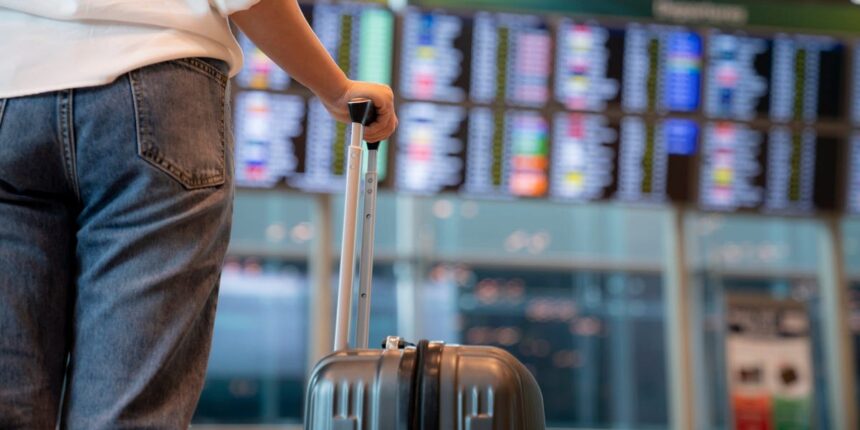“`html
Moment/Getty Images
- Airlines are now mandated to issue automatic refunds for delayed or canceled flights.
- New regulations, effective from October, ensure passengers receive automatic refunds for delayed luggage.
- Previously, airlines determined their own refund policies, leading to confusion among travelers.
New Regulations on Airline Refunds: What You Need to Know
The Department of Transportation (DOT) has introduced a significant rule requiring airlines to provide “prompt” automatic refunds when flights are either delayed or canceled. This regulation aims to enhance passenger rights and streamline the refund process.
Key Features of the New Refund Policy
The updated regulations were first revealed in April and officially came into effect on October 28. They not only cover flight cancellations but also guarantee automatic refunds for delays involving checked baggage and any paid services that were not delivered as promised by the airline.
If a flight is canceled or undergoes substantial changes—such as alterations in departure or arrival airports, increased layovers, or downgrades in travel class—passengers can claim a refund if they choose not to accept alternative travel arrangements offered by the airline. Specifically, domestic flights delayed over three hours and international flights delayed more than six hours qualify for this policy.
Impact of Recent Travel Disruptions
This new policy comes at an opportune time following recent widespread disruptions caused by an IT failure affecting multiple airports globally. On that day, travelers received handwritten boarding passes and had to rely on whiteboards for flight information due to issues reported by Microsoft linked with cybersecurity firm CrowdStrike. Major airlines like United, Delta, American Airlines, and Allegiant faced significant operational challenges during this incident.
A Shift Towards Greater Transparency
Historically, each airline set its own criteria regarding eligibility for refunds which often left passengers confused about their rights. The DOT acknowledged that many airlines defaulted to offering travel credits instead of cash refunds without clearly informing customers about their options—a process that could be cumbersome and frustrating.
Baggage Delays: A Rightful Claim for Refunds
The new rules stipulate that if checked bags are delayed beyond specific timeframes—12 hours after domestic arrivals or between 15-30 hours after international arrivals—passengers can file claims for reimbursement of baggage fees provided they report the mishandling promptly. Additionally, if travelers pay extra fees for amenities such as WiFi access or seat selection but do not receive these services during their journey, they are entitled to a full refund of those charges as well.
A Streamlined Process For Passengers
The DOT emphasizes that these changes simplify obtaining refunds when airlines cancel flights unexpectedly or significantly alter itineraries while also addressing issues related to baggage delays and unfulfilled service requests. The expectation is clear: all eligible refunds must be processed swiftly—within seven business days if paid via credit card and within 20 calendar days using other payment methods—and returned through the original payment method used by the passenger unless alternative compensation is accepted voluntarily.
A Comprehensive Approach To Passenger Rights
The DOT further clarified that all government taxes along with any additional fees imposed by airlines must be included in these full refund amounts. This comprehensive approach aims at protecting consumer rights effectively amidst ongoing challenges faced within air travel systems worldwide.






